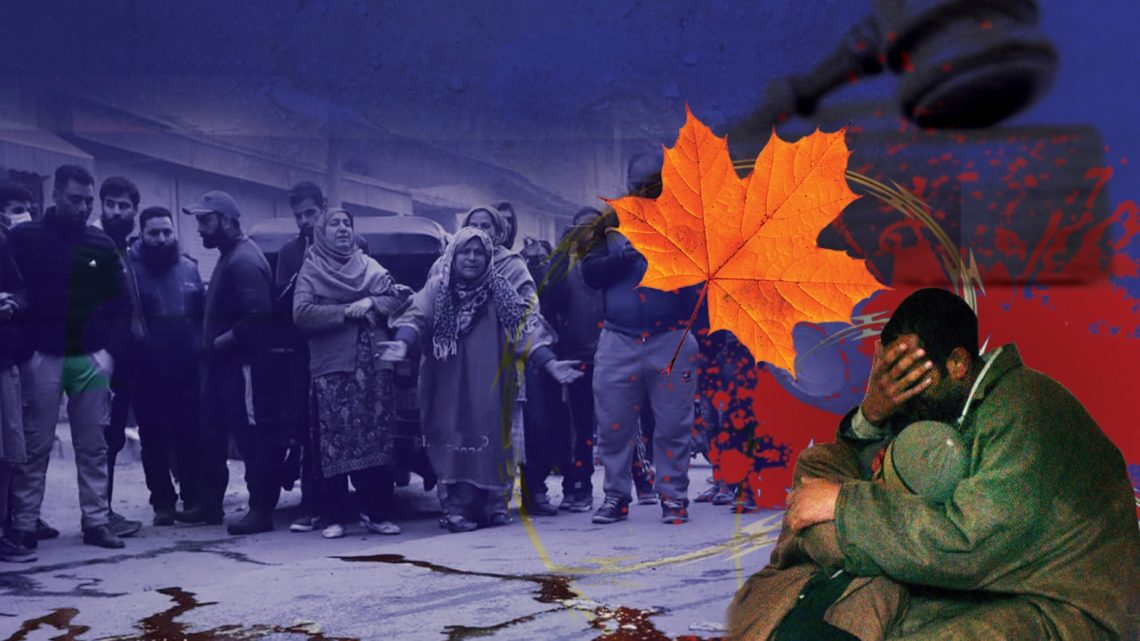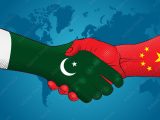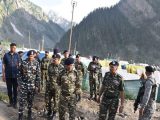
Systematic Torture in IIOJK: An Urgent Call for International Intervention
June 27, 2024India is employing extensive physical, mental, and psychological torture to maintain its illegal control over the people of Indian-illegally occupied Jammu and Kashmir. This strategy aims to suppress the region’s demand for a referendum and self-determination, as United Nations Security Council resolutions recognised.
A recent report released on the International Day in Support of Victims of Torture highlights the severity of these actions. Since January 1989, Indian forces have martyred 96,317 Kashmiris, including 7,341 who died in custody or through fake encounters.
The report underscores that torture is a deliberate state policy in Jammu and Kashmir, an internationally disputed territory. People in the region endure horrific forms of torture inflicted by Indian forces. Since January 2001, 684 women have been martyred by troops and paramilitary forces. This has led to widespread psychological problems and mental torture among the Kashmiri population, particularly affecting women.
The report further reveals that Indian troops, paramilitary forces, and police have arrested 171,612 Kashmiris, including women and children, during crackdowns and military operations since 1989. These detainees have been subjected to physical and mental torture in various interrogation centres, police stations, and jails. The use of torture in occupied Jammu and Kashmir is pervasive and indiscriminate.
India’s strategy in Jammu and Kashmir is clear: to use terror and torture as tools of control. This policy has led to a tragic loss of life and has inflicted deep psychological scars on the Kashmiri population. The international community must recognize the severity of this situation and hold India accountable for its actions in the region.
The people of Jammu and Kashmir continue to suffer under this regime of terror. Their demands for self-determination and a referendum, as per UN resolutions, remain unmet. The extensive use of torture by Indian forces is a grave violation of human rights and international law. This issue needs urgent global attention and action to ensure justice for the victims and to support the rightful aspirations of the Kashmiri people.
To conclude, the report on the International Day in Support of Victims of Torture paints a grim picture of the situation in IIOJK. The widespread use of torture by Indian forces highlights the need for immediate international intervention. The Kashmiri people’s struggle for self-determination and justice must be acknowledged and supported by the global community.

